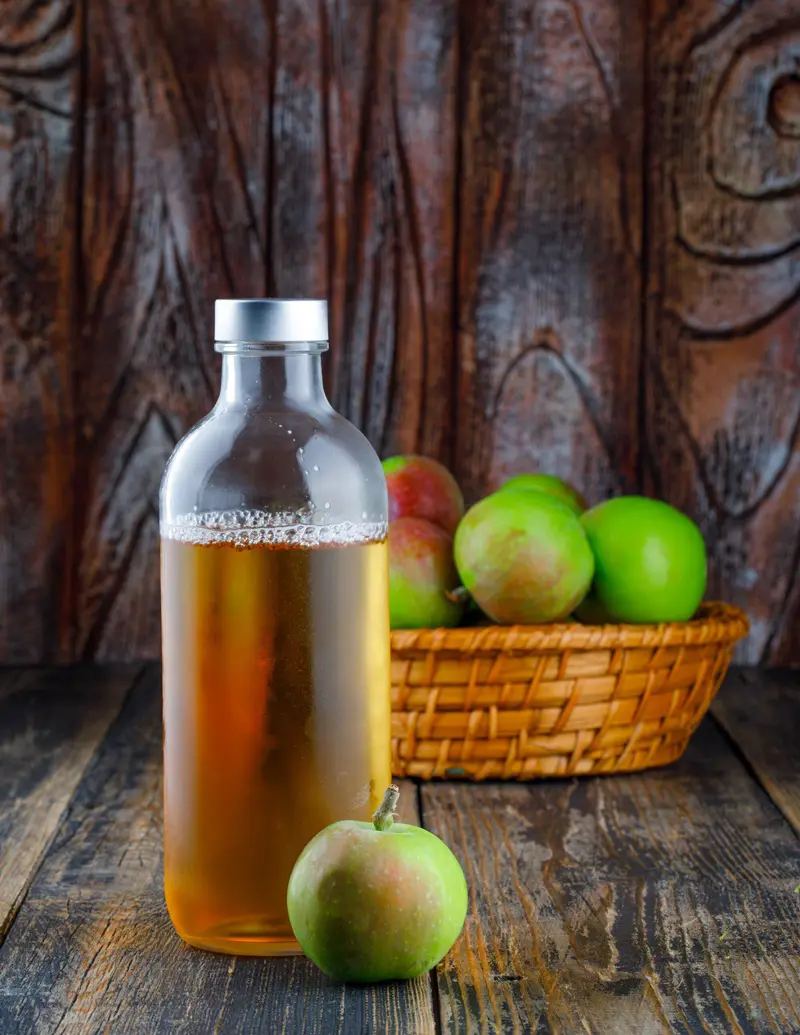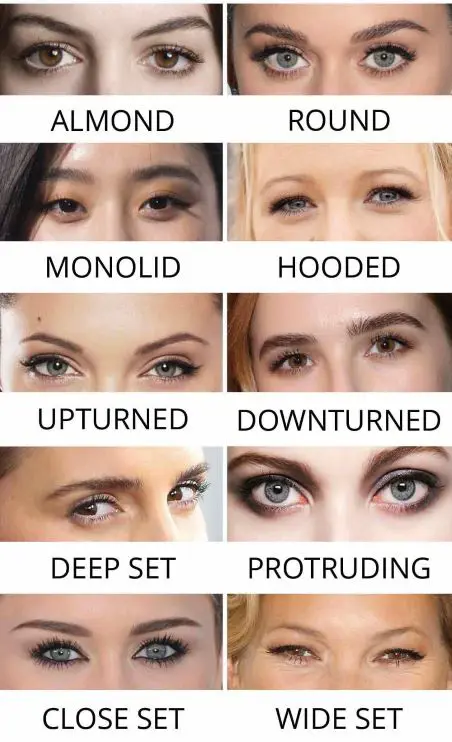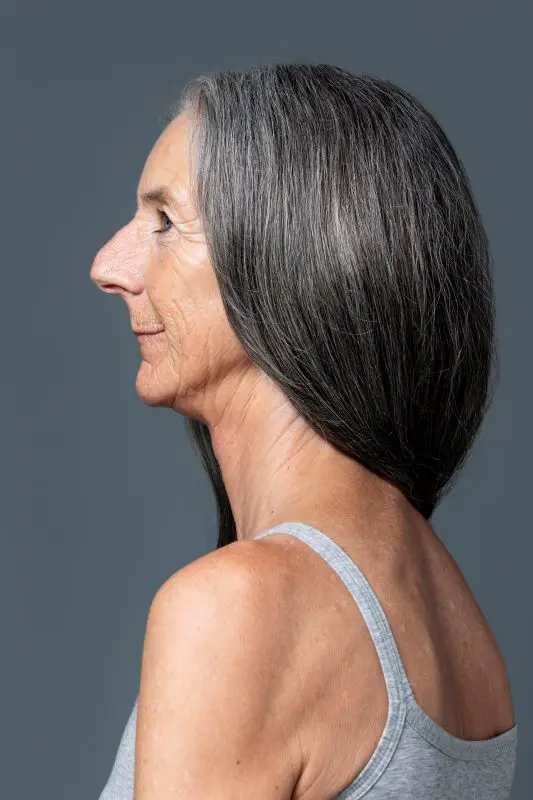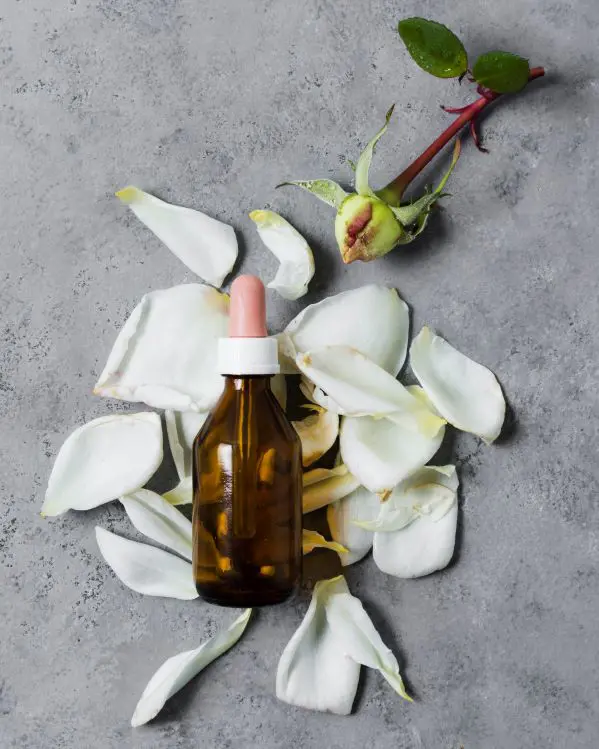Apple cider vinegar is gaining popularity as the most demanding natural cure against various hair issues. It is an inexpensive ingredient that helps to retain long, smooth, and strong hair.
In addition to fighting dullness and frizz, ACV also helps to reduce dandruff and rebalance the hair. It offers a range of benefits that can improve the health and appearance of hair. The benefits are as follows.
1. Controls Frizz
When the cuticle of your hair stands, it can provide a pathway for environmental moisture into the shaft and cause it to frizz. ACV helps smooth out the cuticle, keeping the moisture out and significantly reducing frizz.
Just apply a little ACV to your scalp and get that brilliant and sleek look without using any heavy styling products. Apple cider vinegar and hair treatments are often recommended for their ability to minimize frizz and improve scalp health.
2. Cleanses Hair
It is a simple and effective hair cleanser for removing product buildup such as oil and other debris without demolishing the hair of its natural oils. This accumulation keeps increasing to cause irritation and dullness of your scalp.
You can clean your hair and scalp using ACV without disrupting the balance of moisture in your hair. ACV breaks down the buildup in hair caused by environmental impurities and styling chemicals that formulate on hair and scalp.
3. Restores Natural Texture
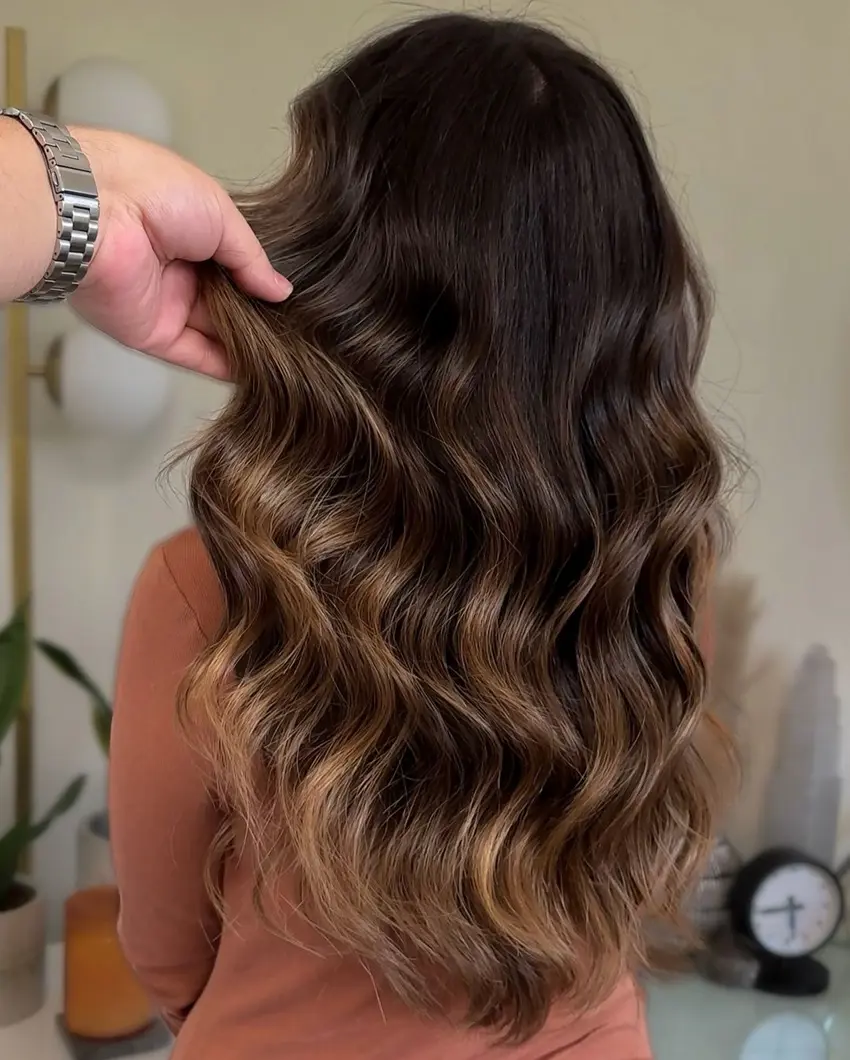
The chemical treatments and exposure to the environment can damage your hair and help to lose its natural vitality and texture. Apple cider vinegar is very famous for being effective in restoring natural hair texture to make it appear and feel much healthier in general.
It smooths the outer layer of the hair which helps reduce frizz and enhance the natural shape of waves or curls. This gives shine to the hair and sets off its natural texture.
4. Stable Scalp pH
Apple cider vinegar can be a treatment that can restore the pH balance of your scalp. Restoring the pH creates a healthy environment around the scalp that can be prevented from a myriad of scalp problems because it is acidic in nature.
It will also establish an equilibrium between the scalp's dry and oily conditions by controlling the natural production of oils accordingly. So, apple cider vinegar for scalp is necessary to maintain the health of the hair.
5. Aids in Deterring Lice
You can add this ingredient to your daily hair care routine because it helps prevent lice from your head. Lice are tiny insects that can cause serious discomfort by itching when they infest the scalp and the hair. ACV minimizes lice by making an irrelevant environment on the scalp to survive.
It can also work like a rinse to eliminate the glue that causes the lice to develop, which makes it much easier to remove the nits from hair and avoid hatching and further infection.
6. Dandruff Reduction
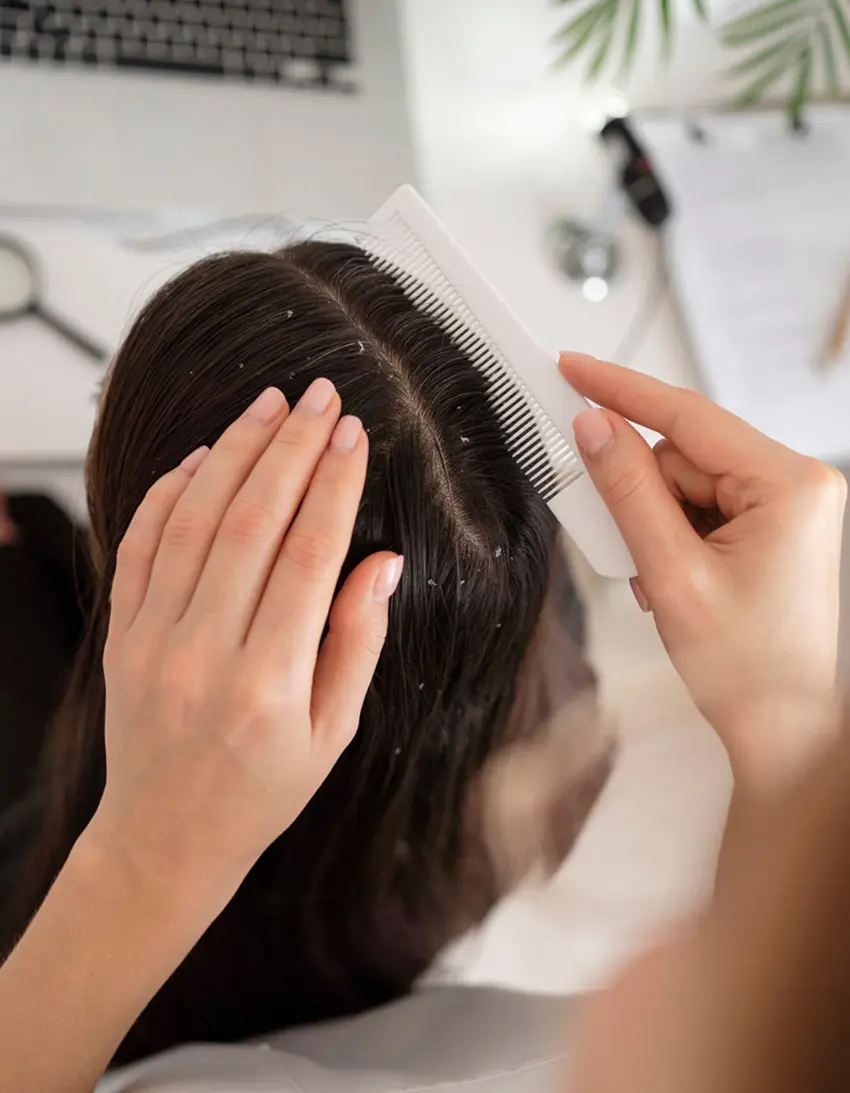
ACV is a natural remedy for reducing dandruff from the hair. It also solves the problem of a scalp that causes itchiness and general irritation which is a major cause of dandruff. The yeast or fungal growth on the scalp may lead to an unhealthy scalp condition.
It contains a very undesirable acidity that discourages the growth of dandruff, which is great for considering apple cider vinegar for your hair.
7. Soothes an Itchy Scalp
ACV is an excellent solution for relieving an itchy scalp. If you have issues due to an imbalance in the scalp's pH scale, ACV lessens itchiness and irritation by soothing an itchy scalp efficiently.
Its good properties assist in stripping off flakes and dead skin that could also be causing itch. This reduces the chances of irritation since it washes most of the debris lying around and cleanses out the scalp area.
8. Acts as a Natural Conditioner
It naturally conditions the hair by giving it nourishment and leaving it smooth in a shiny state without the use of harsh chemicals. It does not contain immense amounts of synthetics that are likely to weigh down the hair. ACV moisturized without giving up its natural structure and vibrancy.
This makes it easy for hair to be combed and styled as it does not entangle and break the hair. The hair will be silky and easier to deal which makes apple cider vinegar good for hair.
9. Detangles Hair Easily
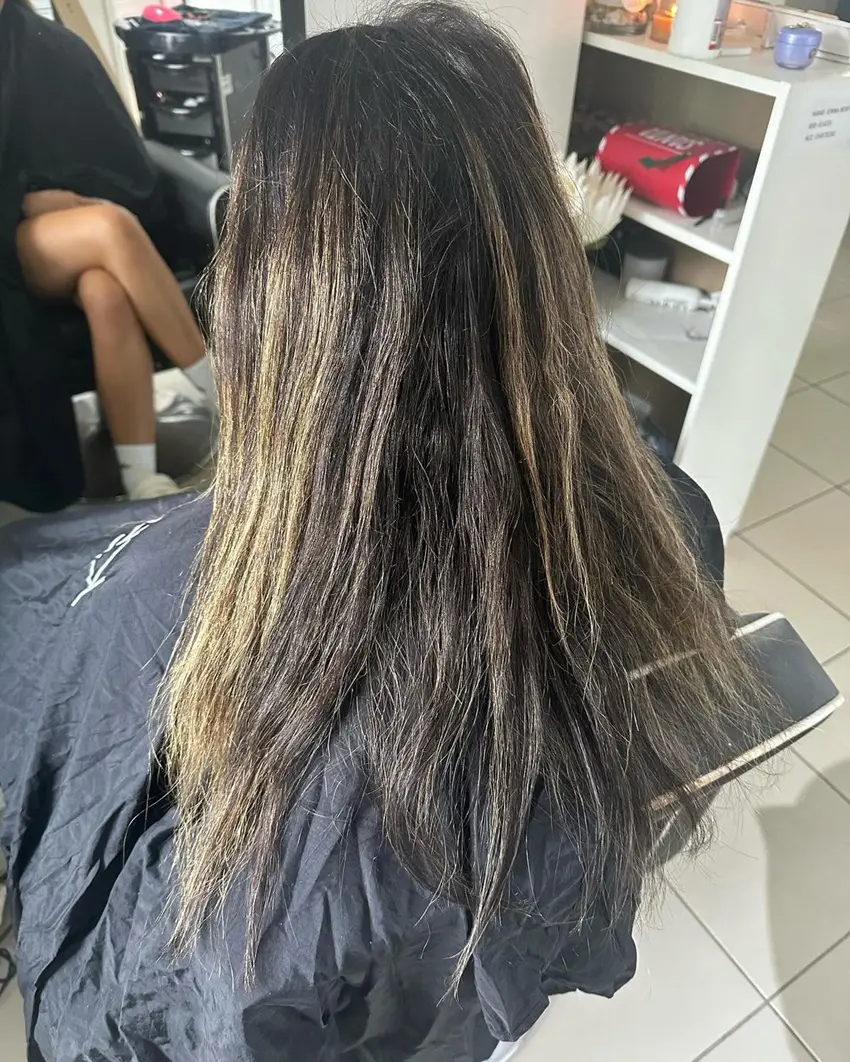
Adding natural detanglers like apple cider vinegar will help you comfortably and safely maintain and style your hair without breaking or getting damaged. When used as a rinse, ACV reduces friction between hair strands and thus minimizes the possibility of hair tangling, as this problem occurs in people with long or curly hair.
It makes it easier to prevent strands from breaking or getting pulled out while combing or brushing the hair. You can also use it as an apple cider vinegar rinse for hair.
10. Improves Blood Circulation
ACV can undoubtedly improve the blood flow of the scalp. It does this by making sure critical nutrients and oxygen reach the entire scalp and hair follicles. The improved flow supplies essential nourishment to the hair follicles and promotes healthy hair growth.
Applying apple cider vinegar to hair can help wash away all the dirt and toxins from your scalp. It promotes hair growth and improves the health and condition of your hair.
How To Use Apple Cider Vinegar for Hair?
As ACV offers a plethora of benefits, from balancing scalp pH to enhancing shine, adding it to your haircare routine might just be a powerful addition for your routine. So, let's learn how to effectively incorporate ACV into your hair regimen-
• Apple Cider Vinegar Rinse

Is apple cider vinegar good for hair? It can be used to wash hair to improve its condition and general health. Wash the hair with shampoo, then pour the ACV all over the hair up to the scalp. It gives the hair a beautiful shine, re-establishes the hair’s pH, and also strips off any further dirt.
Also, using it may reduce hair thinning and make it easier to manage.
• ACV and Coconut Oil Hair Mask
Blend two tablespoons of coconut oil and apple cider vinegar to create a hair mask. Gently apply it to every side of the hair. Let the mask remain for 30-40 minutes before properly rinsing with shampoo.
The coconut oil conditions and moisturizes your hair, while the vinegar gives the hair perfect balance. Such a technique can also be used for damaged and breakable hair.
• ACV and Baking Soda Deep Cleanse
ACV provides deep cleaning of the hair and you won’t find dirt or any form of foulness remaining on your hair. Put a spoonful of baking soda added with two spoons of apple cider vinegar for the treatment. Rub this mixture into your scalp as well as your hair and allow it to be there for 10 minutes before washing it out.
It works in restoring the pH balance on hair and provides hair with a polished glow.
• ACV and Honey Moisturizing Treatment
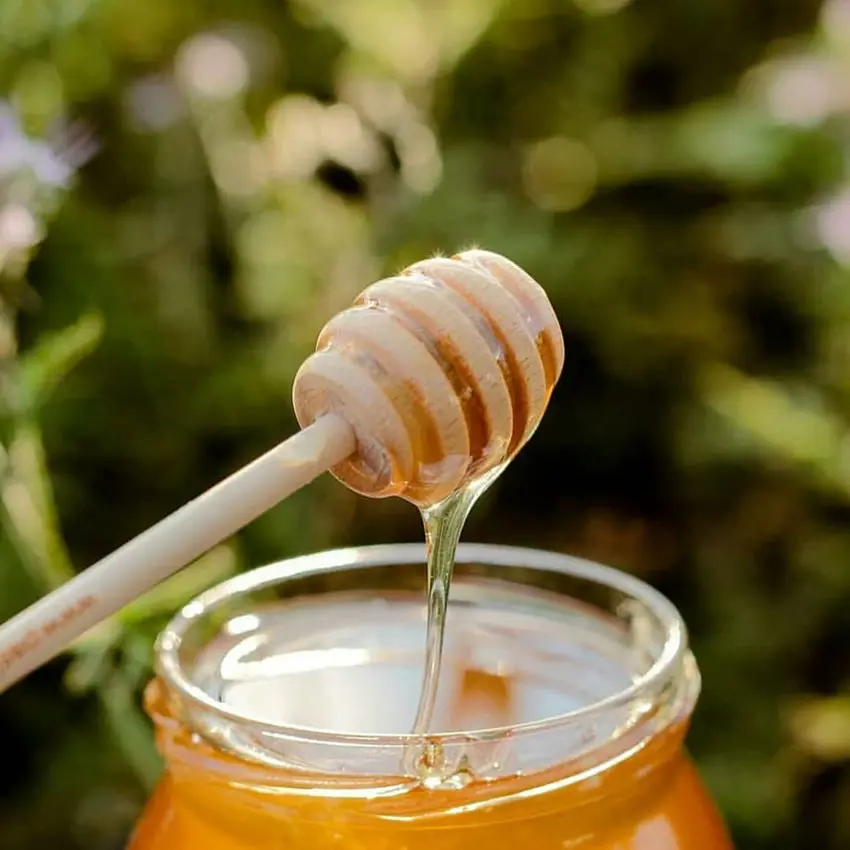
Hydration of hair can be done when honey is combined with apple cider vinegar. For the treatment, mix one tablespoon of honey and two tablespoons of apple cider vinegar. Massage from the root to the tip of your damp hair.
Leave it for 20 to 30 minutes and then rinse it with moderately warm water. While ACV will help balance out the scalp and work on the excess oils, honey moisturizes by naturally scaling into the hair.
• ACV and Aloe Vera Conditioning Treatment
This aloe vera and apple cider vinegar conditioning treatment is really going to nourish and moisturize your locks. Massage a mixture of two tablespoons of ACV into two tablespoons of gel from aloe vera into the hair, and let it sit for 20 to 30 minutes before rinsing it out thoroughly.
This helps to reduce dryness and enhances manageability in general to improve hair texture. You can also utilize apple cider vinegar for hair loss.
• ACV and Olive Oil Scalp Massage
Massage the blend of olive oil and apple cider vinegar into the scalp for stimulating hair growth and good scalp health. To use it, mix 2 tablespoons of apple cider vinegar with 2 tablespoons of olive oil and massage it onto your scalp. Wait for 20 to 30 minutes, then wash your hair with shampoo.
This approach enhances the texture of your hair and increases blood circulation to your scalp which will stimulate better hair growth,
• Curl Enhancer

Applying apple cider vinegar is a great way to bring out your curls and smooth out the cuticle of your hair. This allows every strand to lay flatter, with less frizz and helps the curls clump together. By this way, curls will become more defined, lively, and glossy.
Do this moderate treatment once or twice a week, depending on the type of hair you have. You will start seeing your curls less frizzy and shiny over the time.
• Color Protection
Apple cider vinegar becomes extremely useful in keeping that color intact if you have colored your hair. The chemicals used in the process of coloring hair make your hair cuticles open up and all the color starts washing out. The ACV locks the color into the hair by closing the cuticle and will keep it much more vibrant for a longer time.
The acidity in vinegar balances out your hair's pH and helps lock the color in.
Variety of Apple Cider Vinegar
Apple cider vinegar (ACV) comes in various forms and formulations, so learning the differences is essential. Although these vinegars are made from apples, each variety caters to different preferences and uses.
Therefore, understanding these options can help you select the one that best suits your needs as well as your requirements.
Organic Apple Cider Vinegar
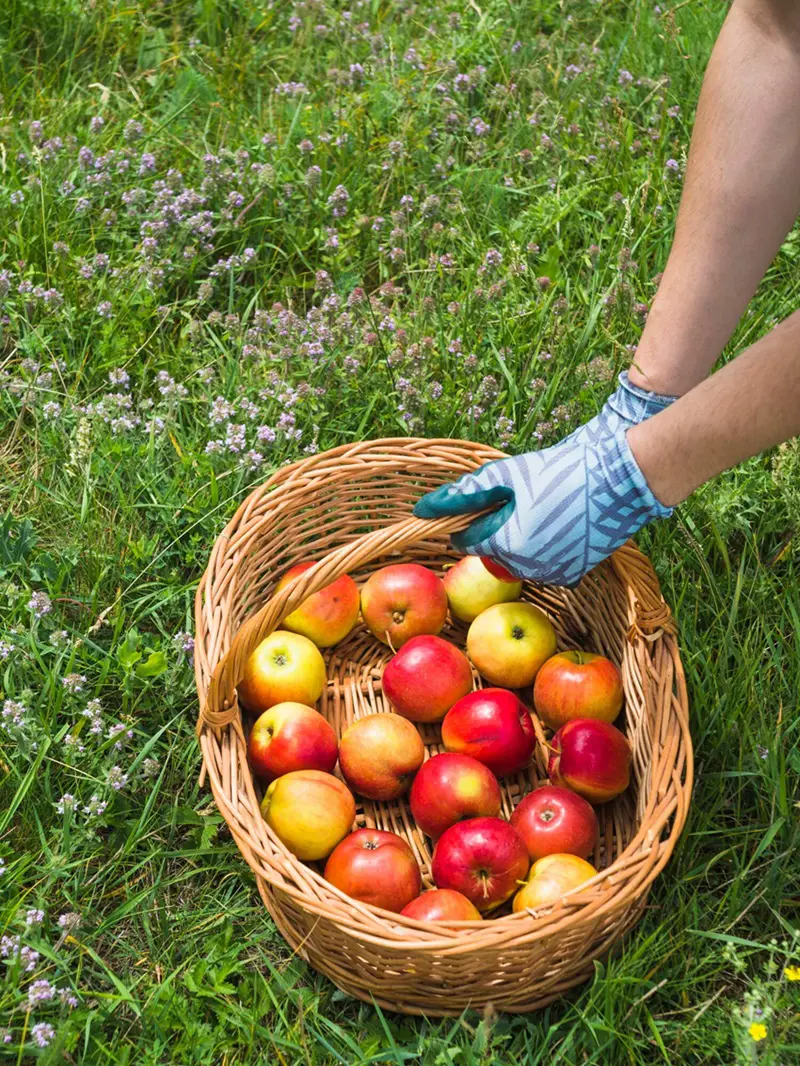
This is a natural process that frees apples from artificial pesticides and chemicals. It is best for those who are concerned about using abrasive materials directly on their scalp.
An organic version of the ACV is believed to be less irritating on the skin and considered safe to use. The taste of this vinegar is light and clear.
Raw and Non-filtered Apple Cider Vinegar
It contains a substance called "mother", which is rich in good bacteria and enzymes. So the mother itself would bring more benefit to hair by increasing good bacteria and protien. Many would rather go for this type of ACV in its most natural state for any haircare purpose.
Filtered Apple Cider Vinegar
Filtered apple cider vinegar goes through a filtration process that prevents the formation of the mother. This type of apple cider vinegar appears clear and generally comes at a lower price. However, this vinegar loses some nutritional benefits.
Unpasteurized Apple Cider Vinegar
Unpasteurized apple cider vinegar never heated and then cooled immediately. So, ACV should be refrigerated when opened to extend its freshness because it will not keep them fresh compared with some other vinegars that have been pasteurized.
Extracting Process of Apple Cider Vinegar
The process of making this vinegar involves a series of fermentation steps that convert apple sugars into acetic acid. Some of the most common processes include:
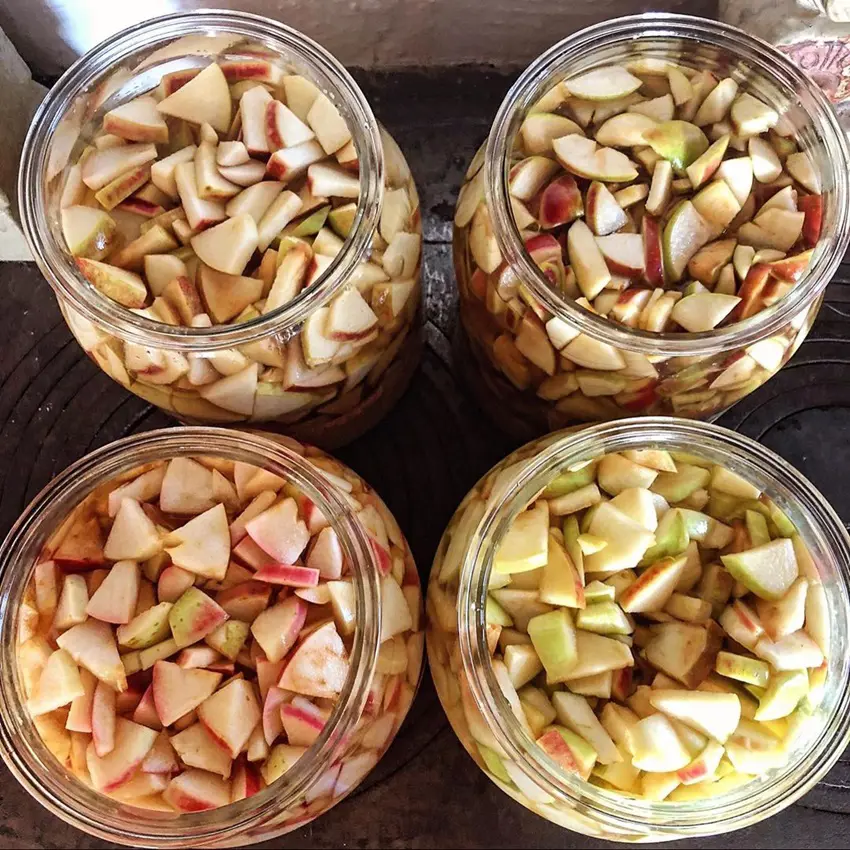
Traditional Fermentation
This is the most common method, where juice is extracted from crushed apples and fermented twice. Initially, yeast converts the sugar into alcohol. Subsequently, acetic acid bacteria turn the alcohol into acetic acid.
The resulting apple cider vinegar is unpasteurized, raw, and unfiltered, retaining the "mother" and preserving most of its nutrients and beneficial bacteria.
Accelerated Fermentation
The accelerated method, made possible by advanced technologies, significantly shortens the production time of apple cider vinegar. To speed up this process, specialized strains of bacteria and yeast are utilized, along with precise temperature control.
Although this rapid production may lead to a somewhat less developed flavor compared to traditional methods, it is highly efficient and ideal for commercial use.
Filtered and Pasteurized
This method involves removing sediment and the "mother" after fermentation. The apple cider vinegar is then pasteurized through heating to eliminate bacteria and enhance preservation.
ACV produced via this method has a clearer and milder flavor and does not contain enough nutrients like in non-filtered ones.
Organic Production
In this method, apples are grown without synthetic pesticides or chemicals. They then undergo either a natural or organically approved fermentation process.
The outcome is organic apple cider vinegar, which may be filtered or unfiltered but is always free from synthetic chemicals throughout its production.
Can We Make Apple Cider Vinegar at Home?
Yes, you can make apple cider vinegar at home! However, the process involves a few key steps and requires patience. Here's a simple guide to help you create your ACV:
Ingredients: You’ll need apples (or apple scraps), sugar, and water. Some recipes also use a bit of store-bought apple cider vinegar to introduce beneficial bacteria.
Prepare the apple: First, wash the apples and remove their skin and core. Then, chop them into small pieces.

Make the Sugar Water: Now prepare the sugar water by dissolving the honey or sugar in the water. It should be enough to fill up the apple fragments in the jar completely and let it cool down to room temperature.
Fill the Jar: Pack apple shreds into the large glass jar or bowl. Use as much of the sugar water as is needed to cover the apples. The apples may float, so use a small plate or clean weight if necessary to keep them floating to the top.
Add yeast and cover the jar: Add some yeast according to your preference. Put a clean cloth or paper towel over the top of the jar and tight it with a rubber band or string. This allows air to get in but keeps out dust and insects.
First Fermentation: Store it in a dark and cold place for three to four weeks. Stir once daily to ferment and avoid letting mold take over the mixture.
Strain and Second Fermentation: After 3–4 weeks, mash up the apple pieces and strain them. Now, partially fill the jar with the liquid, leaving about an inch at the top, and cover again with the fabric.
Stir it once in a while and let it ferment for another three to four weeks. It becomes more acidic of you allowed to ferment for long period of time.
Taste and Store: After storing for 6 to 8 weeks, taste the vinegar. If it has reached your desired level of acidity, then bottle it.
Transfer the ACV into clean jars or bottles and store them in airtight containers in cold and dark places.
Storing Home Made Apple Cider Vinegar
Home made ACV should be stored appropriately as they can be useful and potent. Some of the tips are listed below:
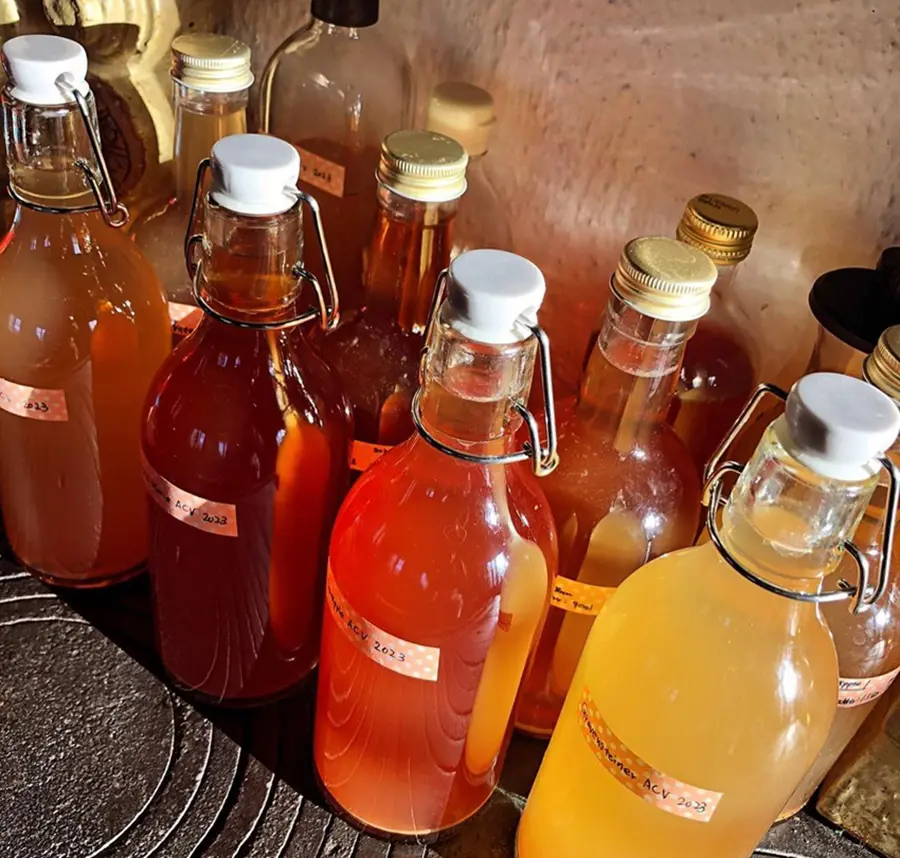
Use Clean, Glass Containers
Homemade apple cider vinegar should always be stored in clean glass containers. Glass is non-reactive and won't react at all with acidic vinegar. Hence, that will be quite appropriate for flavor and quality. Never use metal or plastic containers as these may react or leak into the vinegar to affect its taste and safety.
Seal It Tightly
To seal the container so that the vinegar remains fresh, one has to tighten it. Air penetrates a container through its loose seal and thus facilitates oxidation and, therefore, spoilage processes. If the vinegar is left in an unprotected state, its efficiency and taste may be diminished.
Labeling
Label your homemade apple cider vinegar with the date of production and any other relevant details. This helps you keep track of its fermentation time and age, which can affect its flavor and strength. It's also helpful for sharing or future reference.


